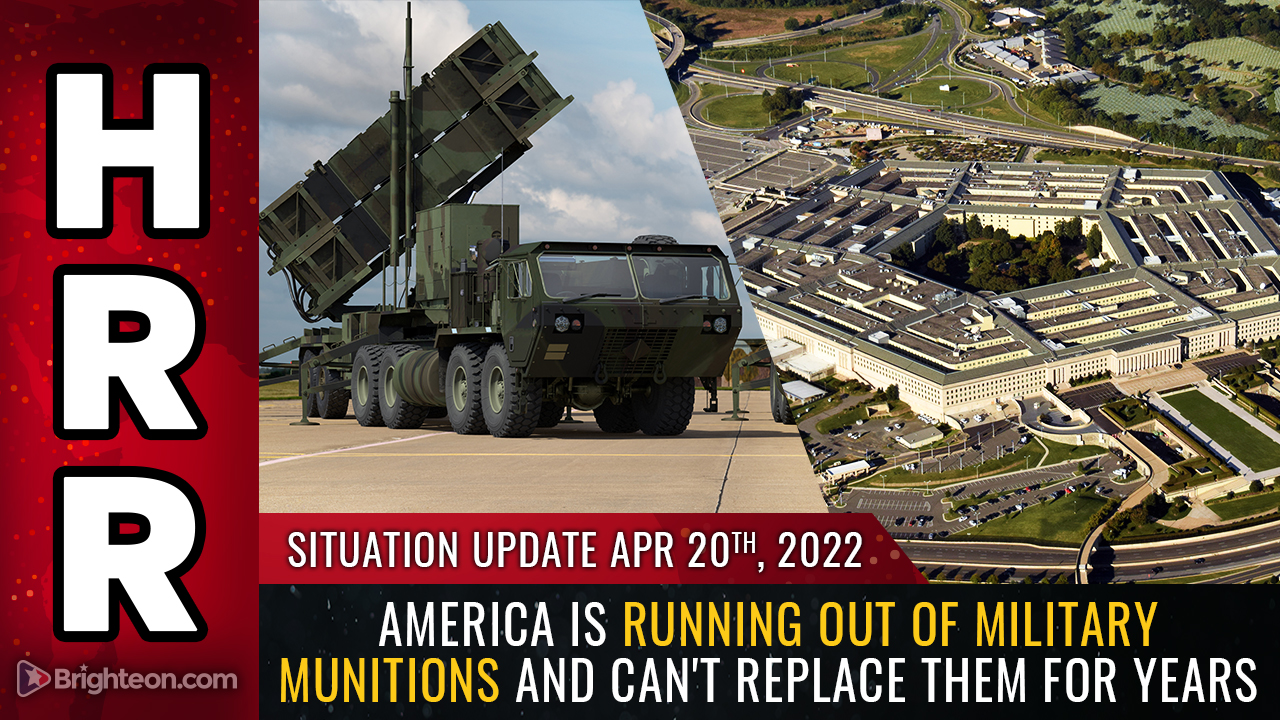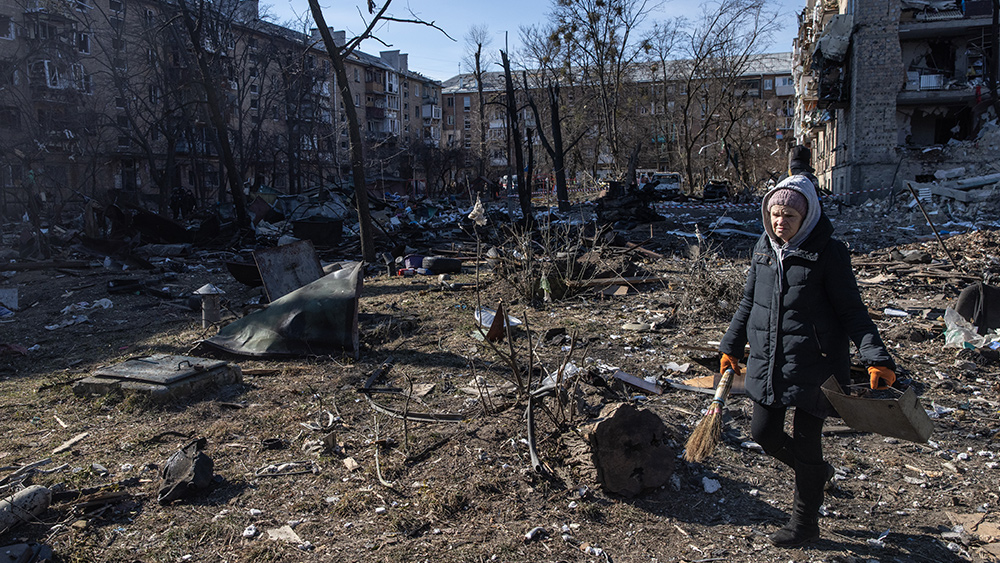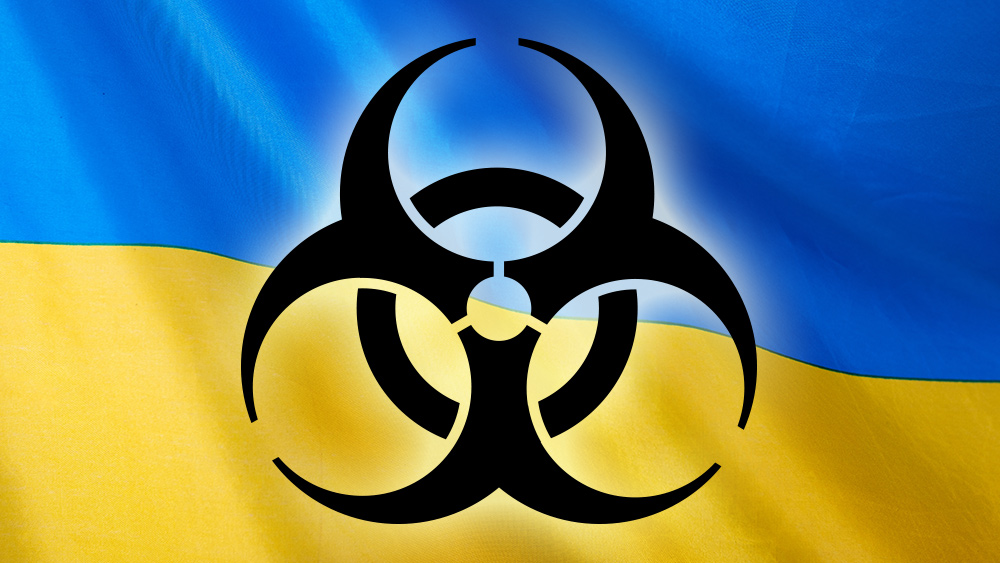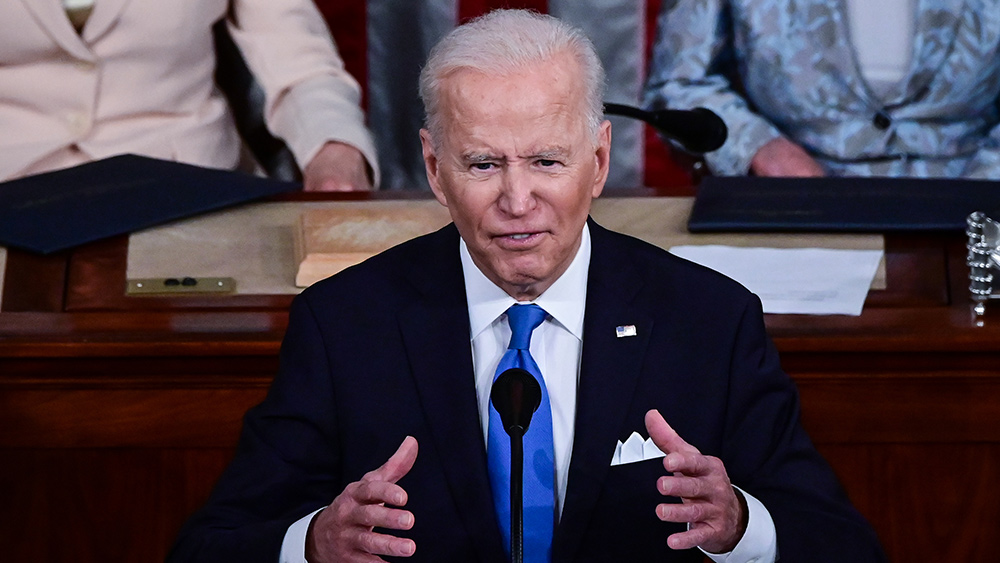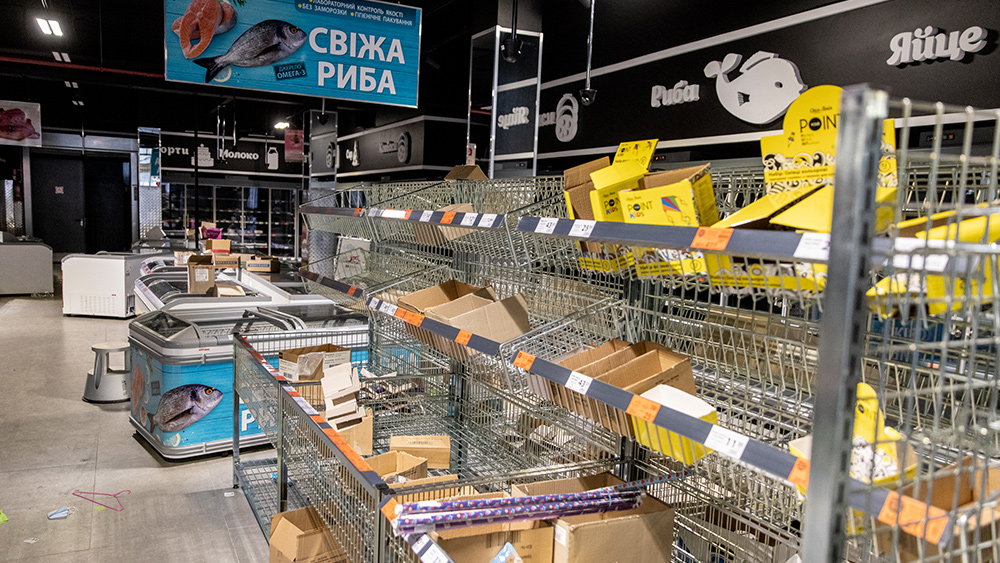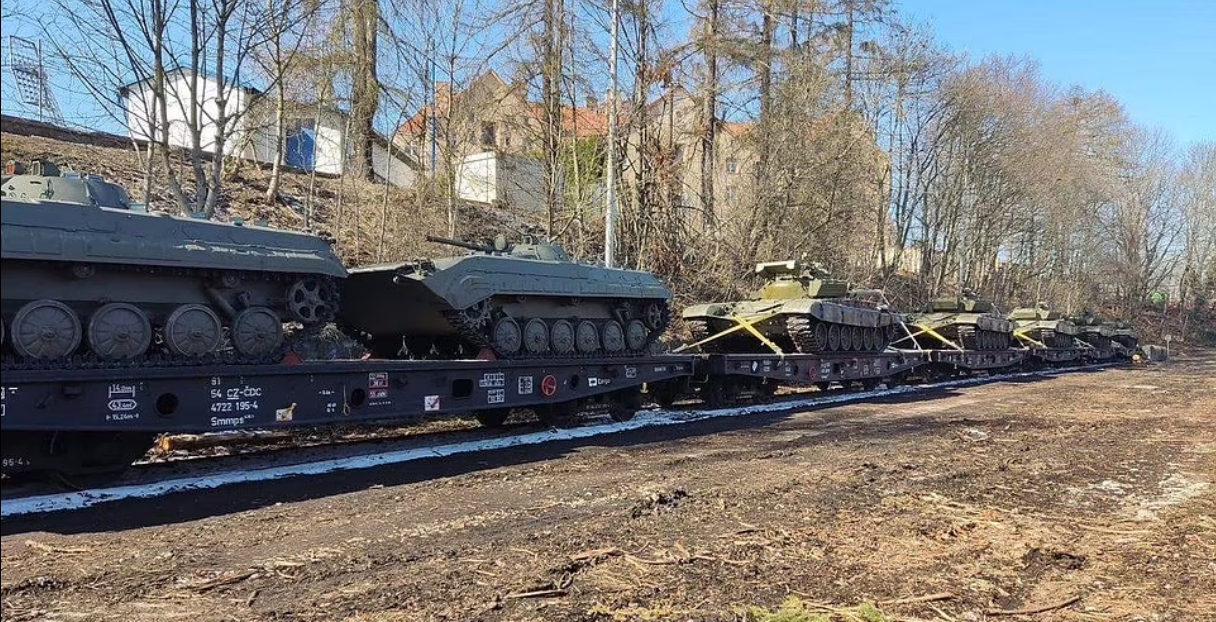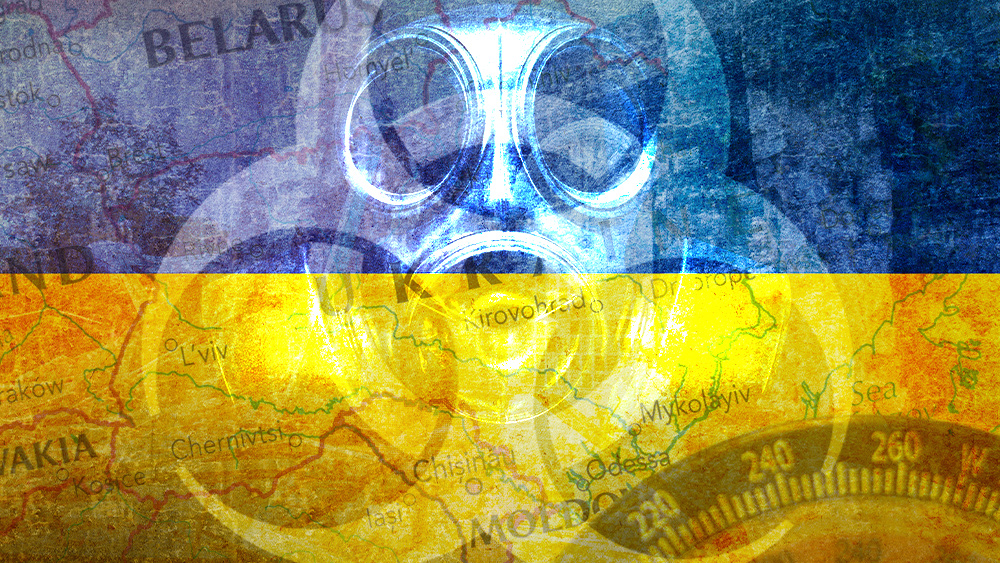AI is the new weapon of choice in the global arms race: Advanced technology using “intelligent software” could lead to an automated Cold War
06/06/2018 / By David Williams

A new Cold War is afoot. And of course, it involves the usual suspects: The U.S. and Russia. As tensions rise between the two, fears of a modern-day clash have begun to rise, and experts are betting on one new technology being the deciding factor for the two – artificial intelligence (AI).
According to Jeremy Straub, an assistant professor of Computer Science at North Dakota State University, AI is undoubtedly going to be the weapon of choice for the countries involved in the next Cold War. To be more specific, the availability and abundance of cyber weapons – particularly those that are powered by AI – have given both the U.S. and Russia many new options to inflict damage upon one another.
Straub points out that Russian hacking and spying efforts have been well-known. And the U.S. isn’t exactly lacking in similar talent. “Russia and Russian-supporting hackers have spied electronically, launched cyber attacks against power plants, banks, hospitals, and transportation systems – and against U.S. elections,” he said. “The U.S. is certainly capable of responding and may have done so.” Russia’s moves illustrate views expressed by Russian President Vladimir Putin when he said, “the future, not only for Russia, but for all humankind.”
AI development is something that seems like a hot topic at the moment, but there some who think the U.S. is lagging far behind other such as Russian in AI-related efforts. Still, the U.S. is among the few nations that can manage to stand up against potential AI superpowers planning on doing sinister things with the technology and methods they have developed so far. Russia in particular is clearly focusing its efforts on coming out on top of the AI game, and they are most certainly well on their way.
According to Straub, it may soon be necessary to establish a sort of Digital Geneva Convention in order to limit AI conflict between the world’s most powerful countries. Of course, such an agreement can’t be relied on to fully stop AI attacks done by independent groups. Also, countries can decide to back out of treaties after signing them.
Among the biggest problems with AI-centric warfare is the fact that AI opens up many possibilities for weapons control and the control of non-nuclear weapons as well. As Straub notes, AI can offer rapid decision-making on a level that simply isn’t possible with humans at the helm, especially for threats posed by surprise attacks from the likes of ship- and submarine-based nuclear weapons. He also mentions that AI systems can help in terms of executing plans as quickly as possible and eliminating the potential hesitation or dissent that would be present with a human operator.
“A fast, automated response capability could help ensure potential adversaries know a nation is ready and willing to launch, the key to mutual assured destruction’s effectiveness as a deterrent,” Straub said.
Straub also goes over the possibility of using AI to control non-nuclear weapons, such as drones and other types of cyber weapons. In particular, he said that onboard AI control would be able to handle the operation of unmanned vehicles in case their communication systems are impaired. And again, the rapid response time afforded by AI means that AI-enhanced equipment can be utilized as quickly as possible. “AI systems can change targets and techniques faster than humans can comprehend, much less analyze,” Straub said.
Although it is quite a scary prospect indeed, Straub offers some assurance in saying that wide use of AI-powered cyber attacks may still be some time away. In any case, the loser in this new Cold War will definitely feel the effects of it for many years to come.
Learn more about cyber attacks at CyberWar.news.
DARPA’s Killer Robots & Super Soldiers
Sources include:
Submit a correction >>
Tagged Under:
AI, arms race, artificial intelligence, Cold War, cyber attacks, cyber weapons, future tech, global war, hacking, nuclear war, robotics, robots, Russia, technology
This article may contain statements that reflect the opinion of the author
RECENT NEWS & ARTICLES
COPYRIGHT © 2017 WWIII NEWS


